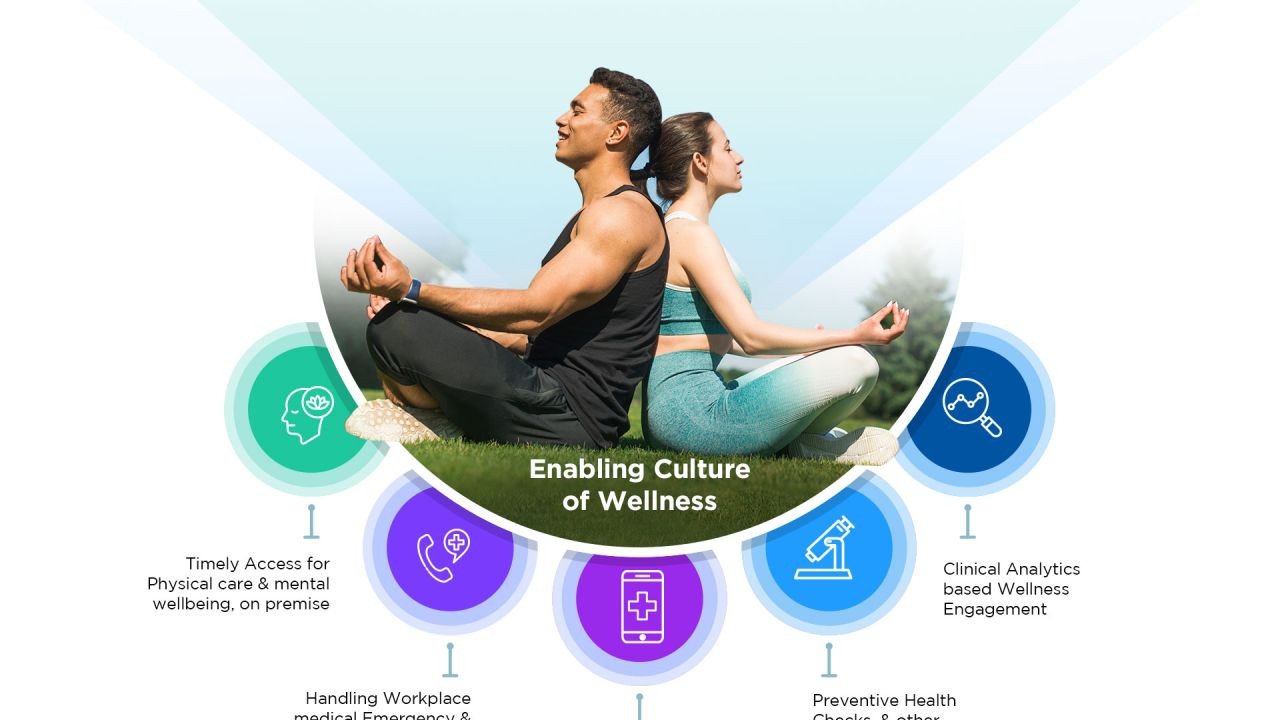As university students in Australia navigate the complexities of academic life, the pressure to excel can be overwhelming. Whether it's the challenge of balancing studies with part-time work or the drive to achieve top grades, understanding how to study effectively is crucial. Recent data from the Australian Bureau of Statistics (ABS) indicates that 40% of Australian university students juggle employment alongside their studies, highlighting the need for effective study strategies to maintain academic performance.
The Importance of Effective Study Habits
Studying effectively is not just about spending hours with your books open; it's about maximizing productivity and retention. With the Australian education system increasingly emphasizing skills over rote learning, students must adapt to diverse learning methods. According to a study by the University of Sydney, students who employ varied study techniques, such as active recall and spaced repetition, exhibit significantly higher retention rates compared to those who rely solely on passive reading.
Active Recall and Spaced Repetition
Active recall is a powerful technique that involves testing oneself on the material learned, rather than merely reviewing notes. This method enhances memory retention by forcing the brain to retrieve information actively. Coupled with spaced repetition, where information is reviewed at increasing intervals, students can significantly boost their long-term memory retention. Tools like Anki, a spaced repetition software, are gaining popularity among Australian students for their efficacy in enhancing learning outcomes.
Case Study: University of Melbourne's Learning Strategy
The University of Melbourne has been at the forefront of integrating effective study strategies into their curriculum. Recognizing the diverse learning needs of their students, the university introduced workshops on active recall and spaced repetition techniques. As a result, students reported a 30% improvement in exam scores and overall academic performance. This initiative underscores the importance of institutional support in promoting effective study habits.
The Role of Technology in Modern Study Practices
In today's digital age, technology plays a pivotal role in shaping study habits. Australian universities are increasingly leveraging technology to enhance learning experiences. The use of online platforms like Moodle and Blackboard enables students to access resources and participate in forums, fostering a collaborative learning environment. Furthermore, virtual study groups have become a popular choice among students. These groups provide a platform for sharing resources and engaging in discussions, making learning a more interactive experience.
Case Study: Swinburne University's Digital Learning Approach
Swinburne University of Technology has embraced digital tools to augment traditional learning methods. By offering online resources and incorporating digital assessments, Swinburne has created a flexible learning environment that caters to the needs of modern students. This approach has led to a 25% increase in student engagement and satisfaction, demonstrating the positive impact of technology on learning outcomes.
Balancing Work and Study: Strategies for Success
With a significant number of Australian students working part-time, balancing work and study is a common challenge. The key to managing this balance lies in effective time management. Prioritizing tasks and setting realistic goals can help students allocate time efficiently between academic commitments and work responsibilities.
- Time Blocking: This technique involves allocating specific blocks of time for different activities. By scheduling study sessions around work hours, students can ensure they dedicate sufficient time to both.
- Prioritization: Identifying and focusing on high-impact tasks can help students manage their workload effectively. Using tools like Trello or Asana can assist in organizing tasks and setting deadlines.
Pros and Cons of Part-Time Work
- Pros: Provides financial support, enhances time management skills, offers practical experience.
- Cons: Can lead to stress, impacts study time, may affect academic performance if not managed well.
The Impact of Australia's Education Policies on Study Habits
Australia's education policies significantly influence study habits. The Australian Government's emphasis on promoting STEM (Science, Technology, Engineering, and Mathematics) education has led to increased funding and resources for these fields. This shift encourages students to adopt innovative study practices to excel in these competitive areas.
Moreover, the Australian Competition & Consumer Commission's (ACCC) regulations on educational resources ensure that students have access to fair and accurate information, fostering a more transparent learning environment.
Common Myths About Studying
- Myth: "Studying longer hours guarantees better grades." Reality: Quality trumps quantity. Effective study techniques are more beneficial than prolonged study sessions.
- Myth: "Cramming before exams is effective." Reality: Cramming leads to short-term retention. Consistent study habits improve long-term memory.
- Myth: "Multitasking enhances productivity." Reality: Multitasking can reduce focus and efficiency. It's better to concentrate on one task at a time.
Future Trends in Study Practices
As technology continues to evolve, the future of study practices will likely see increased integration of artificial intelligence (AI) and machine learning. AI-driven platforms can personalize learning experiences by adapting to individual student needs, thereby optimizing study efficiency. According to a report by Deloitte, AI in education is projected to grow by 30% in the next five years, offering new opportunities for enhancing learning outcomes in Australia.
Conclusion
To excel in university studies, Australian students must adopt effective study strategies that focus on active learning and efficient time management. By embracing technology and innovative study practices, students can enhance their academic performance and achieve their educational goals. As educational policies continue to shape the learning landscape, staying informed and adaptable will be key to success. What's your take on these strategies? Share your insights below!
People Also Ask
How do study habits impact academic performance in Australia?Effective study habits lead to improved academic performance. Australian students who employ techniques like active recall and spaced repetition often achieve higher grades.
What are some common study mistakes to avoid?Common mistakes include cramming, multitasking, and neglecting breaks. These can hinder retention and lead to burnout.
How can technology improve study practices?Technology offers access to online resources, virtual study groups, and personalized learning platforms, enhancing engagement and retention.
Related Search Queries
- Effective study techniques for university students
- How to improve academic performance in Australia
- Impact of technology on education in Australia
- Balancing work and study in university
- Australia's education policies and student success
- Tips for managing time as a university student
- Active recall and spaced repetition in learning
- Role of AI in education

































Mace IT Services
11 months ago